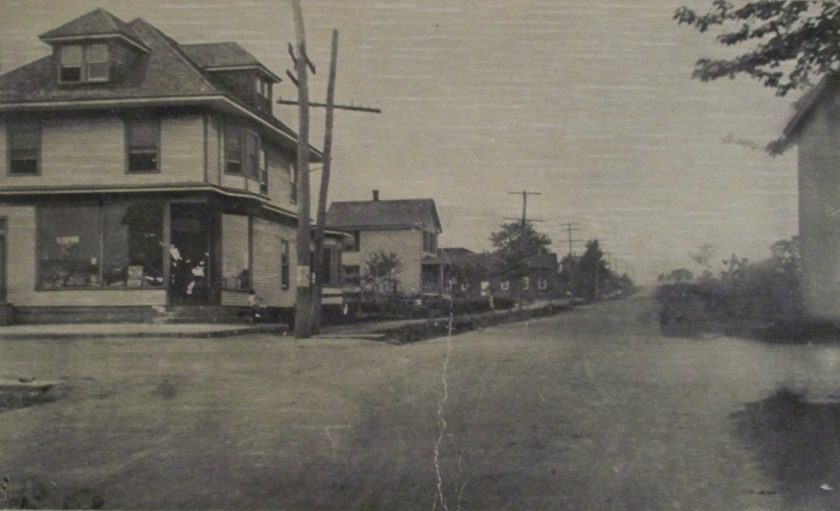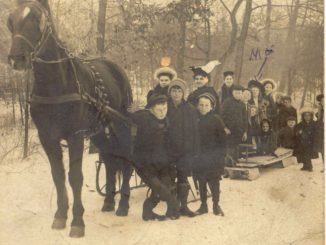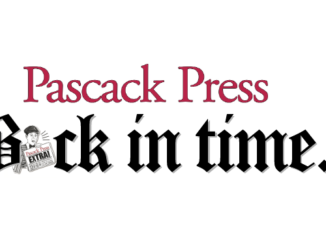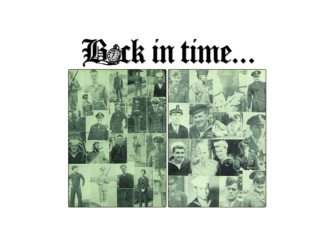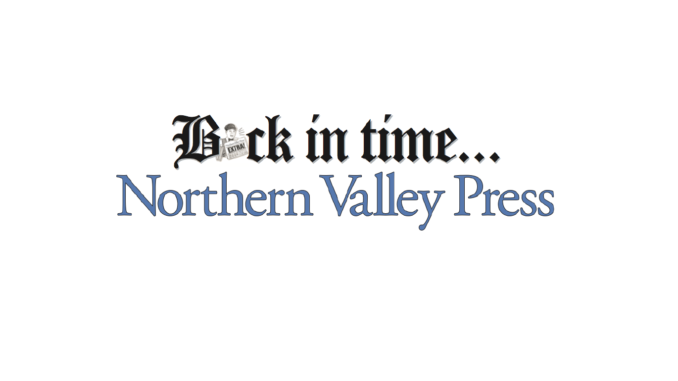

In 1909, the New Jersey Bureau of Labor and Statistics produced a book called “The Industrial Directory of New Jersey.” Intended for businessmen, it had a profile on each town in the state in terms of demographics, amenities, and suitability for industry. Today, it serves as a wonderful glimpse into Northern Valley life a century ago.
One of the more detailed entries is for Northvale, which was still a region within Harrington Township at the time. In fact, the entry predates Northvale’s incorporation as a borough by seven years. It reads as follows:
Northvale, Bergen County
(HARRINGTON TOWNSHIP)

On the Northern Railroad of New Jersey, station in the town. Population 500. Banking town, Englewood or Closter. A money order post office, telephone but no telegraph connections. Express service, Wells Fargo Company. Value of taxable property, $240,000. Tax rate, $2.50.
Northvale is situated on the Palisades of the Hudson River, a location which is unsurpassed for scenic beauty and healthful environment. An ideal place in which to establish a home or a manufacturing plant. The town has one public school of the eighth grade and one Catholic church. The water supply is derived from wells and fire protection is provided by one volunteer hook and ladder company.
Public sentiment is favorable to industrial expansion and industries of any kind employing men and women would be very warmly welcomed. About 100 men and 50 women are now available for employment. A water power of large capacity can be developed in the vicinity. Land for factory building purposes with easy access to the railroad by short spurs can be purchased at reduced prices.
The soil of the surrounding country is good; the produce raised, which consists largely of potatoes and garden vegetables, is marketed in Nyack, distant 7 miles, or New York City, distant 22 miles.
Several farms ranging from 20 to 100 acres are for sale. The foreign immigrants in the vicinity consist as reported of 12 Russians and 300 Italians, the latter almost all transient laborers. William V. Borzoni conducts a manufactory of artificial flowers in the village.
